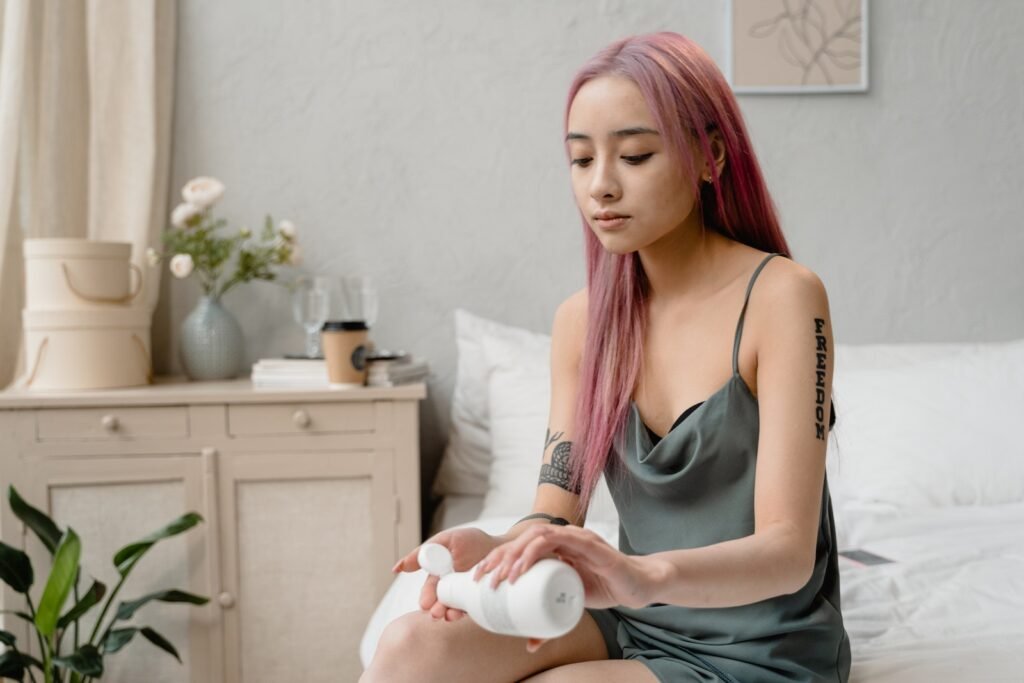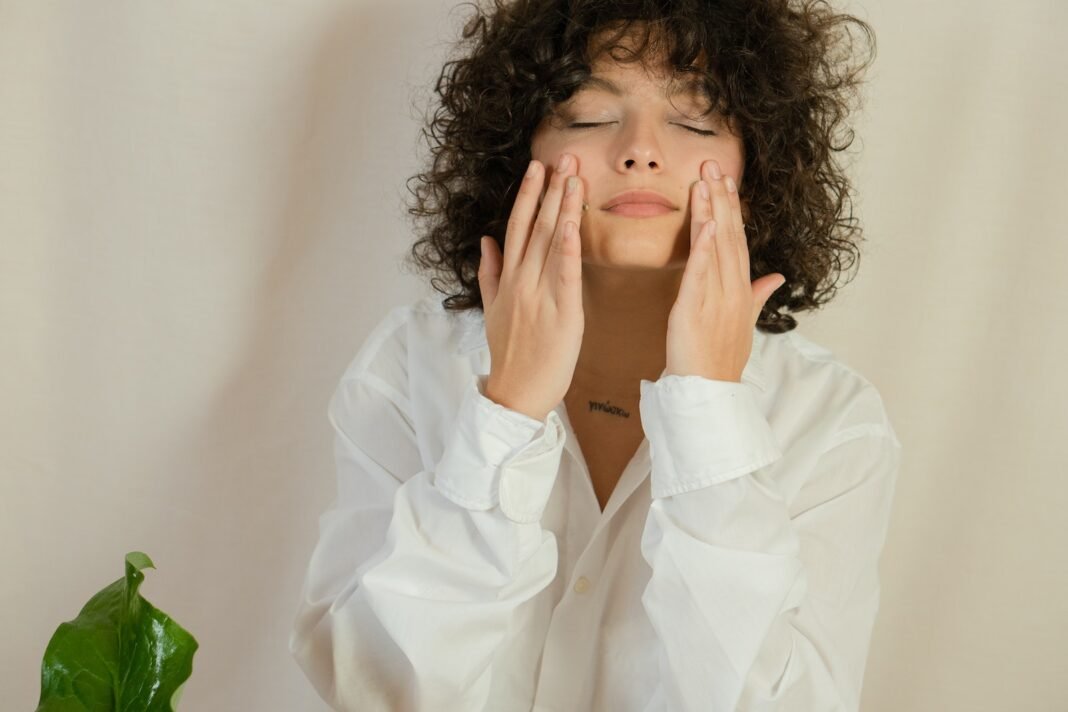Skincare is essential for achieving younger-looking skin aging gracefully, and it is important to have a routine that works for you. Taking care of your skin is an investment in your future, with the payoff of smooth, glowing, and younger-looking skin. No matter your age, taking care of your skin can help you look and feel your best. This article will provide you with an overview of the skin care routine you need for younger-looking skin.

The Basics of a Skincare Routine
The core of a skincare routine should include four steps: cleansing, toning, moisturising, and applying sunscreen daily. Cleansing helps remove dirt, makeup, and impurities from the skin, while toning helps balance the skin’s pH levels. Moisturising helps skin remain hydrated, and applying sunscreen daily protects skin from harmful UV rays. In addition to these four steps, other products may be added to help increase skin health and address any problems such as wrinkles, discoloration, or acne.
The core of a skincare routine should include four steps: cleansing, toning, moisturising, and applying sunscreen daily.
Cleansing
The first step of a skincare routine, cleansing, allows you to remove dirt and oil from the skin’s surface as well as any makeup, sunscreen or other products. When cleansing, it is important to use a gentle cleanser that won’t strip the skin’s natural oils and cause the skin to feel tight or dry. This can help keep the skin hydrated and healthy. For those with oily skin, you may want to opt for a cleanser specifically formulated to help control oil.
The first step of a skincare routine, cleansing, allows you to remove dirt and oil from the skin’s surface as well as any makeup, sunscreen or other products.
Toning
Toner helps to balance the skin’s pH levels and remove any residue left behind after cleansing. It is important to use an alcohol-free toner since alcohol-based toners can be drying and exacerbate skin issues such as acne. The correct pH level for the skin is around 5.5, so for those looking for a toner specifically designed for this purpose, toners containing glycolic acid or lactic acid can help regulate the skin’s pH levels.
Moisturising
Moisturising is important for all skin types, not just dry. It helps skin remain hydrated and healthy by locking in water and keeping the skin from feeling tight and dry. Moisturising helps protect the skin from environmental factors such as pollution, and for those with oily skin, it can help reduce the production of oil. When choosing a moisturiser, opt for one that is lightweight and noncomedogenic since heavier formulas can lead to breakouts.
Moisturising helps protect the skin from environmental factors such as pollution, and for those with oily skin, it can help reduce the production of oil.
Sunscreen
Applying sunscreen is a must in any skincare routine. Sun damage is one of the main causes of premature aging, so it is important to protect the skin from sun damage by applying sunscreen every day, even on cloudy days. Look for a sunscreen with an SPF of 30 or higher and a label indicating broad-spectrum protection, which means it helps protect skin from both UVA and UVB rays.
Additional Steps
Once you have established the basics of a skincare routine, you may want to add additional products to help improve skin health and address any specific skin concerns. For those looking to minimize the appearance of wrinkles, products containing retinol, peptides, and antioxidants can help. For those with discoloration due to sun damage or melasma, products containing hydroquinone can help even out skin tone. And for those with acne, products containing salicylic acid or benzoyl peroxide can help combat breakouts.
Conclusion
Having a skin care routine that works for you is essential for maintaining healthy and younger-looking skin. A basic skincare routine should include cleansing, toning, moisturising, and applying sunscreen daily. From there, you can add additional products to help improve skin health and address any specific skin concerns. With this knowledge, you can now create a personalized skin care routine to help you look and feel your best.

